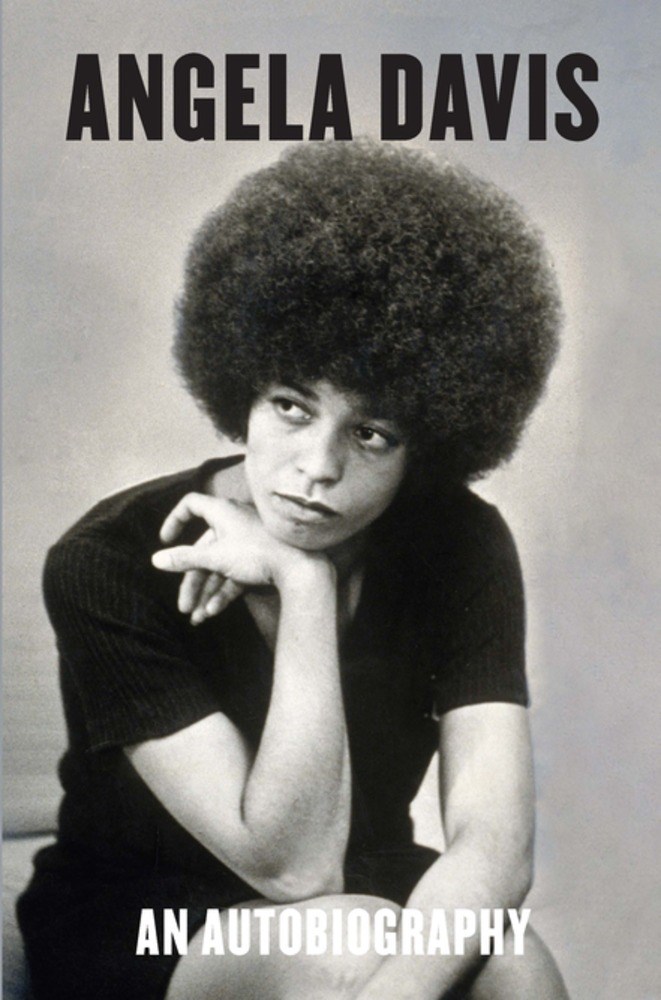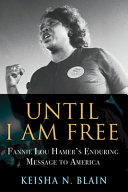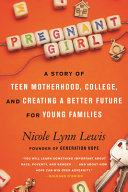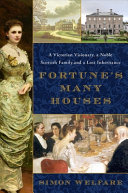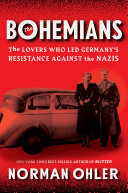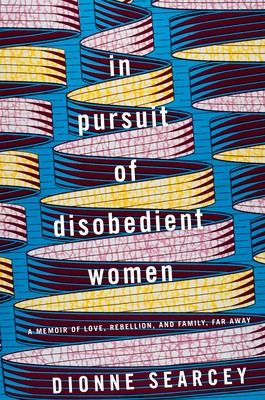Maria Bagshaw
45 Articles
Last 30 days
Last 6 months
Last 12 months
Last 24 months
Specific Dates
From:
To:
PREMIUM
Angela Davis: An Autobiography
This new edition of the autobiography is meant to bring Davis and her story to a new generation of readers, who can still identify with her experiences. It contains the prefaces of the earlier editions, so it is worth replacing older copies of the book. Still a key work in the areas of prison abolition and feminism, this reissue of a classic autobiography deserves a place of honor in any collection.
PREMIUM
Until I Am Free: Fannie Lou Hamer’s Enduring Message to America
This excellent introduction to Hamer and her life is well-contextualized; recommended for all readers.
PREMIUM
War on the Border: Villa, Pershing, the Texas Rangers, and an American Invasion
A thorough overview of an often-overlooked period in history that helps put present-day U.S.–Mexico relations into context.
PREMIUM
Pregnant Girl: A Story of Teen Motherhood, College, and Creating a Better Future for Young Families
Lewis interweaves her own account of being a pregnant teen and her extensive research, to tie proposed solutions directly to facts. A complementary work is Melanie Watkins’s Taking My Medicine, although Watkins’s book is more memoir than research.
PREMIUM
Fortune’s Many Houses: A Victorian Visionary, a Noble Scottish Family, and a Lost Inheritance
This work uses primary resources to tell the story of a special couple who were the exception rather than the norm. While there are a few other works about them, including their own 1927 reminiscence We Twa, this balanced recounting will be enjoyed by those who savor details on nobility during the Victorian era.
PREMIUM
War: How Conflict Shaped Us
Those interested in military history, and the idea of how we make, prepare, and enable war, will enjoy this thought-provoking read.
The Bohemians: The Lovers Who Led Germany’s Resistance Against the Nazis
 Ohler’s gifts as a writer shine as he brings to life the personalities, motivations, and machinations of the Red Orchestra. Complementary works include Shareen Blair Brysac’s Resisting Hitler and Fritz Stern and Elisabeth Sifton’s No Ordinary Men.
Ohler’s gifts as a writer shine as he brings to life the personalities, motivations, and machinations of the Red Orchestra. Complementary works include Shareen Blair Brysac’s Resisting Hitler and Fritz Stern and Elisabeth Sifton’s No Ordinary Men.
In Pursuit of Disobedient Women: A Memoir of Love, Rebellion, and Family, Far Away
Recommended for readers who enjoyed the memoirs of journalists and writers Marie Colvin, Clarissa Ward, Martha Gellhorn, and Anne Garrels, and anyone wishing to learn more about social and political life in West Africa.
Inge’s War: A German Woman’s Story of Family, Secrets, and Survival Under Hitler
 A welcome addition to World War II memoirs.
A welcome addition to World War II memoirs.
ALREADY A SUBSCRIBER? LOG IN
We are currently offering this content for free. Sign up now to activate your personal profile, where you can save articles for future viewing

